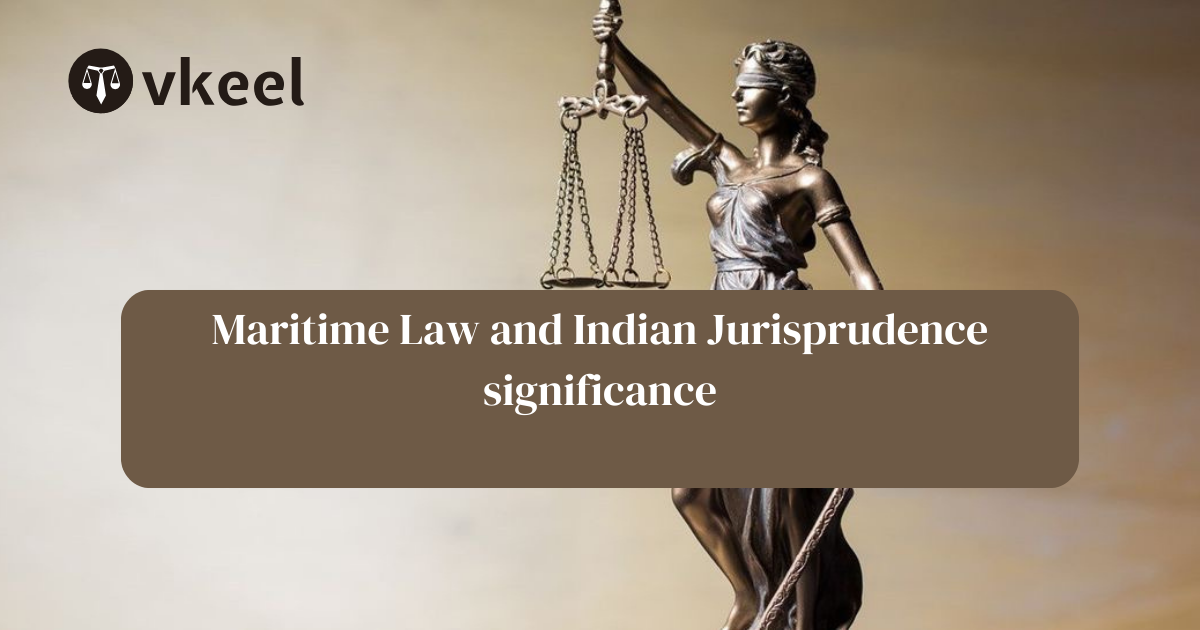The Delhi Municipal Corporation Act, 1957
By Himanshu Kumar
Table of Contents
Introduction
The Delhi Municipal Corporation Act, 1957 (DMC Act) is a significant piece of legislation that governs the municipal administration in the National Capital Territory of Delhi. The Act was enacted to consolidate and amend the laws relating to the municipal government of Delhi, ensuring efficient and systematic governance. Over the years, the Act has undergone several amendments to address the evolving needs of the city and its inhabitants.
The need for the Delhi Municipal Corporation Act, 1957 arose from the rapid expansion and population growth in Delhi, which necessitated a more robust and unified municipal governance framework. Prior to the Act, the municipal administration of Delhi was managed by the Delhi Municipal Committee and the Notified Area Committee, which were inadequate to handle the increasing complexity and demands of a burgeoning metropolis. The fragmented and limited governance structure struggled to provide essential services and infrastructure, leading to inefficiencies and administrative challenges. The enactment of the DMC Act aimed to consolidate these bodies into a single, cohesive entity capable of addressing the comprehensive needs of a modern city.
Moreover, the DMC Act was essential to streamline and enhance municipal functions, ensuring systematic urban planning, improved public health and sanitation, regulated construction activities, and better maintenance of roads and public spaces. By establishing the Municipal Corporation of Delhi (MCD), the Act provided a clear legal framework for the administration of Delhi, empowering the MCD with the authority to levy taxes, manage finances, and execute policies effectively. This legislative initiative was crucial for fostering organized urban development, ensuring efficient service delivery, and promoting a higher quality of life for Delhi’s residents.
Historical Background
Before the enactment of the DMC Act, Delhi’s municipal administration was managed by the Delhi Municipal Committee and the Notified Area Committee. However, the rapid expansion and increasing population of Delhi necessitated a more robust administrative framework. Consequently, the Delhi Municipal Corporation Act, 1957, was enacted by the Parliament to create a unified municipal authority for Delhi, leading to the establishment of the Municipal Corporation of Delhi (MCD).
Structure and Provisions of the DMC Act
The DMC Act is a comprehensive legislation that outlines the structure, functions, and powers of the MCD. It comprises several chapters, each dealing with specific aspects of municipal governance.
1. Establishment and Constitution
The Act provides for the establishment of the Municipal Corporation of Delhi, comprising elected and nominated members. The elected members, known as councilors, are chosen through direct elections. The number of councilors and the manner of their election are specified in the Act. Additionally, certain members are nominated by the Administrator of Delhi, representing various interests and expertise.
2. Functions and Powers
The DMC Act enumerates the obligatory and discretionary functions of the MCD. Obligatory functions include public health and sanitation, regulation of building construction, maintenance of roads and public spaces, water supply, and drainage. Discretionary functions cover areas like education, public safety, and urban development. The Act also grants the MCD powers to levy taxes, fees, and charges to finance its activities.
3. Administrative Machinery
The Act establishes the administrative machinery of the MCD, headed by the Commissioner. The Commissioner is responsible for executing the policies and decisions of the Corporation. The Act also provides for various officers and employees to assist the Commissioner in performing municipal functions.
4. Finance and Budget
The DMC Act contains detailed provisions regarding the financial management of the MCD. It mandates the preparation and approval of annual budgets, maintenance of accounts, and auditing of financial statements. The Act empowers the MCD to raise revenue through property tax, tolls, and other sources.
5. Municipal Authorities
The Act establishes various municipal authorities to ensure effective governance. These include the Standing Committee, Ward Committees, and Special Committees. Each of these authorities has specific roles and responsibilities, contributing to the overall functioning of the MCD.
Key Amendments to the DMC Act
Over the years, the DMC Act has been amended multiple times to address emerging challenges and improve municipal governance. Some of the significant amendments are highlighted below:
1. Delhi Municipal Corporation (Amendment) Act, 1993
One of the major amendments to the DMC Act was the Delhi Municipal Corporation (Amendment) Act, 1993. This amendment bifurcated the MCD into three separate municipal corporations: North Delhi Municipal Corporation, South Delhi Municipal Corporation, and East Delhi Municipal Corporation. The objective was to decentralize administration and improve efficiency in service delivery.
2. Delhi Municipal Corporation (Amendment) Act, 2011
The 2011 amendment further restructured the MCD, introducing changes in the electoral process and governance framework. It aimed at enhancing accountability and transparency in municipal administration. The amendment also introduced provisions for the reservation of seats for women and marginalized sections in the Corporation.
3. Delhi Municipal Corporation (Amendment) Act, 2017
The 2017 amendment was a significant step towards modernizing the municipal governance of Delhi. It introduced provisions for e-governance, enabling online delivery of services and digital record-keeping. The amendment also focused on improving the financial management and revenue generation capabilities of the MCD.
Landmark Case Laws
Several judicial pronouncements have shaped the interpretation and implementation of the DMC Act. Some notable case laws are discussed below:
1. Municipal Corporation of Delhi v. Birla Cotton, Spinning and Weaving Mills (1968)
In this landmark case, the Supreme Court of India examined the powers of the MCD regarding the imposition of property tax. The court held that the MCD had the authority to levy property tax on buildings and lands within its jurisdiction. The judgment clarified the scope of municipal taxation powers under the DMC Act.
2. Indian Oil Corporation Ltd. v. Municipal Corporation of Delhi (1993)
This case dealt with the issue of trade and license fees imposed by the MCD. The Supreme Court ruled that the MCD could levy trade and license fees on commercial establishments operating within its jurisdiction. The judgment reinforced the financial autonomy of the MCD and its authority to regulate commercial activities.
3. M.C. Mehta v. Union of India (2001)
In this case, the Supreme Court addressed the issue of environmental pollution in Delhi. The court directed the MCD to take stringent measures to control pollution and improve sanitation. The judgment emphasized the MCD’s responsibility towards maintaining public health and environmental standards, highlighting the significance of its obligatory functions under the DMC Act.
4. Sudhir Madan v. Municipal Corporation of Delhi (2009)
This case focused on the issue of unauthorized constructions in Delhi. The Delhi High Court directed the MCD to take strict action against unauthorized buildings and encroachments. The judgment underscored the importance of the MCD’s regulatory functions in ensuring planned urban development and adherence to building regulations.
Challenges and Criticisms
Despite its comprehensive framework, the DMC Act has faced several challenges and criticisms over the years. Some of the key issues are discussed below:
1. Administrative Inefficiency
One of the major criticisms of the DMC Act is the administrative inefficiency and bureaucratic delays in the functioning of the MCD. The large size and complex structure of the Corporation often lead to delays in decision-making and service delivery.
2. Financial Constraints
The MCD has struggled with financial constraints, impacting its ability to provide quality services. The dependence on limited revenue sources and the burden of outstanding debts have hindered the Corporation’s financial stability.
3. Political Interference
Political interference in the functioning of the MCD has been a persistent issue. The frequent changes in the political leadership and conflicts between the elected representatives and administrative officials have affected the Corporation’s efficiency.
4. Urban Challenges
Delhi’s rapid urbanization has posed significant challenges for the MCD. Issues like unauthorized constructions, encroachments, and inadequate infrastructure have strained the Corporation’s resources and capabilities.
Recent Developments and the Way Forward
In recent years, there have been efforts to address the challenges faced by the MCD and improve municipal governance in Delhi. The introduction of e-governance initiatives, public participation mechanisms, and policy reforms are some of the steps taken towards modernization.
1. E-Governance Initiatives
The adoption of e-governance initiatives has been a significant development in the MCD’s functioning. Online platforms for service delivery, grievance redressal, and digital record-keeping have enhanced transparency and efficiency in municipal administration.
2. Public Participation
Efforts have been made to increase public participation in municipal governance. Initiatives like Ward Committees and citizen engagement platforms aim to involve residents in decision-making processes and ensure accountability.
3. Policy Reforms
Policy reforms focused on financial management, urban planning, and environmental sustainability have been introduced to address the evolving needs of Delhi. These reforms aim to strengthen the MCD’s capabilities and promote sustainable urban development.
4. Strengthening Accountability
Measures to enhance accountability and reduce corruption within the MCD have been a priority. The implementation of stringent anti-corruption policies and mechanisms for transparent decision-making are crucial steps in this direction.
Conclusion
The Delhi Municipal Corporation Act, 1957, has been instrumental in shaping the municipal governance of Delhi. Despite facing challenges and criticisms, the Act has provided a robust framework for the administration of the city. The key amendments and judicial pronouncements have contributed to the evolution of the Act, addressing emerging needs and improving governance.
As Delhi continues to grow and develop, it is essential to build on these efforts, focusing on modernization, public participation, and accountability. Strengthening the financial stability of the MCD and addressing urban challenges through innovative solutions will be crucial for ensuring effective and sustainable municipal governance in Delhi.
Disclaimer:
The information provided in the article is for general informational purposes only, and is not intended to constitute legal advice or to be relied upon as a substitute for legal advice. Furthermore, any information contained in the article is not guaranteed to be current, complete or accurate. If you require legal advice or representation, you should contact an attorney or law firm directly. We are not responsible for any damages resulting from any reliance on the content of this website.









